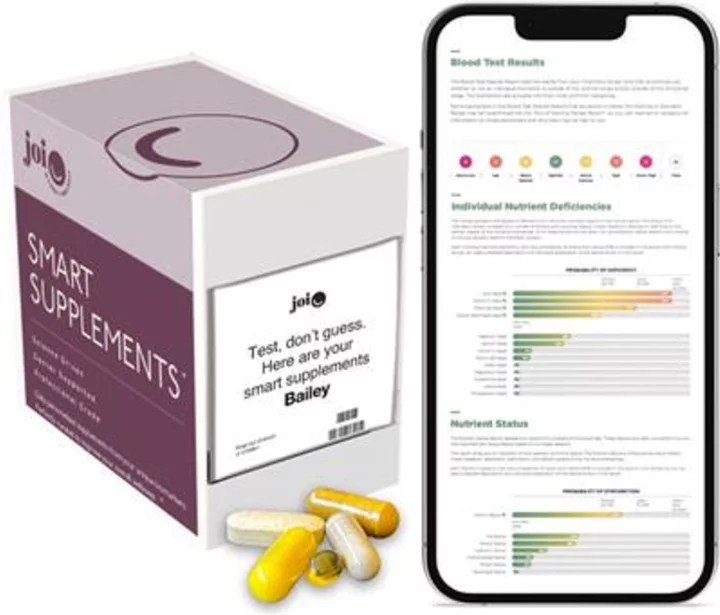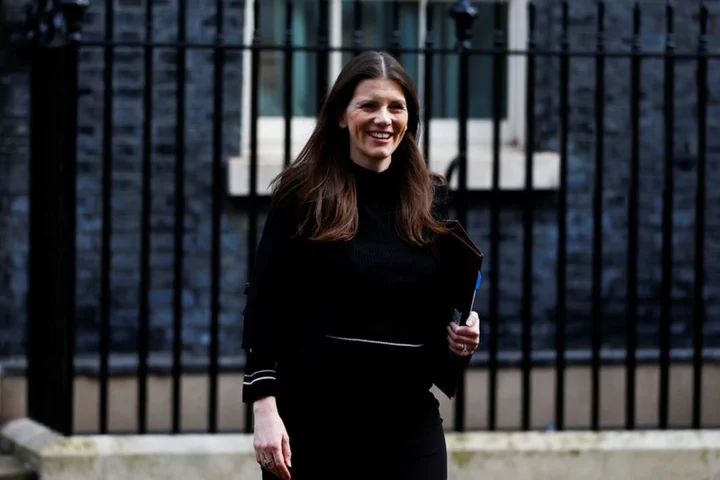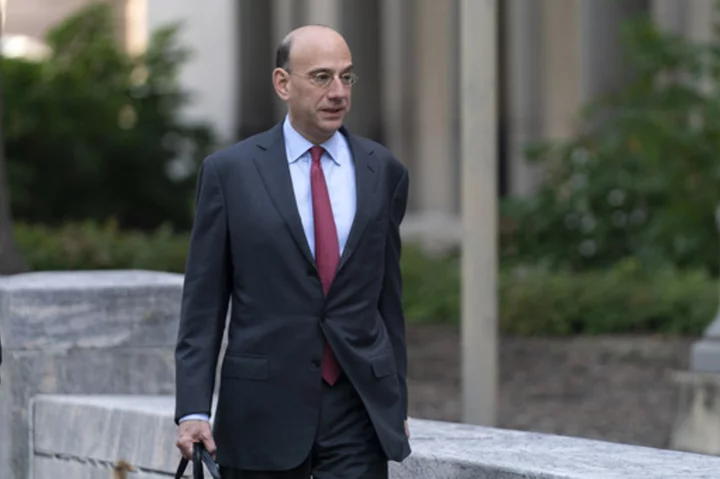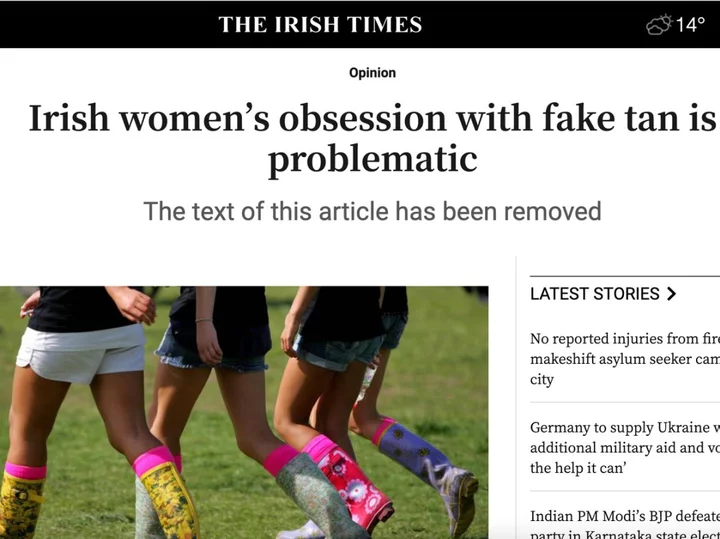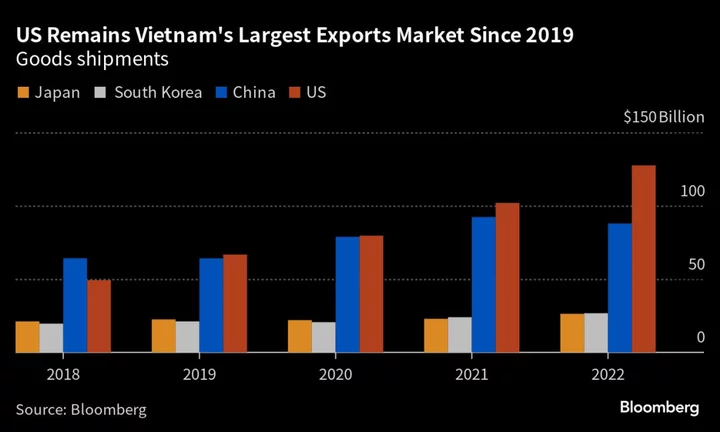The disclosures that companies make about their green credentials will be evaluated by new global audit standards that are expected to be finalized by the end of next year.
The International Auditing and Assurance Standards Board (IAASB) set out its sustainability assurance proposals on Wednesday, with a consultation closing Dec. 1. The move reflects investor and stakeholder concern that corporate disclosures about sustainability aren’t always reliable.
“Corporate reporting, whether financial or sustainability focused, is more trusted when it receives external and independent assurance based upon globally accepted standards independently developed in the public interest,” IAASB Chair Tom Seidenstein said in a statement.
Reporting on environmental, social and governance information has rapidly become a priority for corporations amid demand from investors, customers and regulators alike. The IAASB said the reliability of such disclosures is a key issue for investors in particular, while some jurisdictions such as the European Union are making external assurance mandatory.
The proposals cover both reasonable and limited assurances. A reasonable assurance engagement for sustainability information is equivalent to an audit of financial statements, the IAASB said. A limited assurance engagement provides less confidence that the reporting is correct.
Norges Bank Investment Management is among the investors that have called for such assurance standards. The $1.3 trillion sovereign wealth fund is the world’s largest owner of publicly-traded stocks.
Read More: World’s Top Stock Owner Sets New CO2 Standards for All Holdings
“Reliability and credibility of information provided in companies’ sustainability reports is crucial for us as a global investor,” wrote Carine Smith Ihenacho, the wealth fund’s chief governance and compliance officer, and Elisa Cencig, a senior ESG policy adviser, in a letter to the IAASB in April. “Exercising professional skepticism can help reduce corporate scandals and frauds, and address cases of greenwashing in the sustainability reporting space.”




